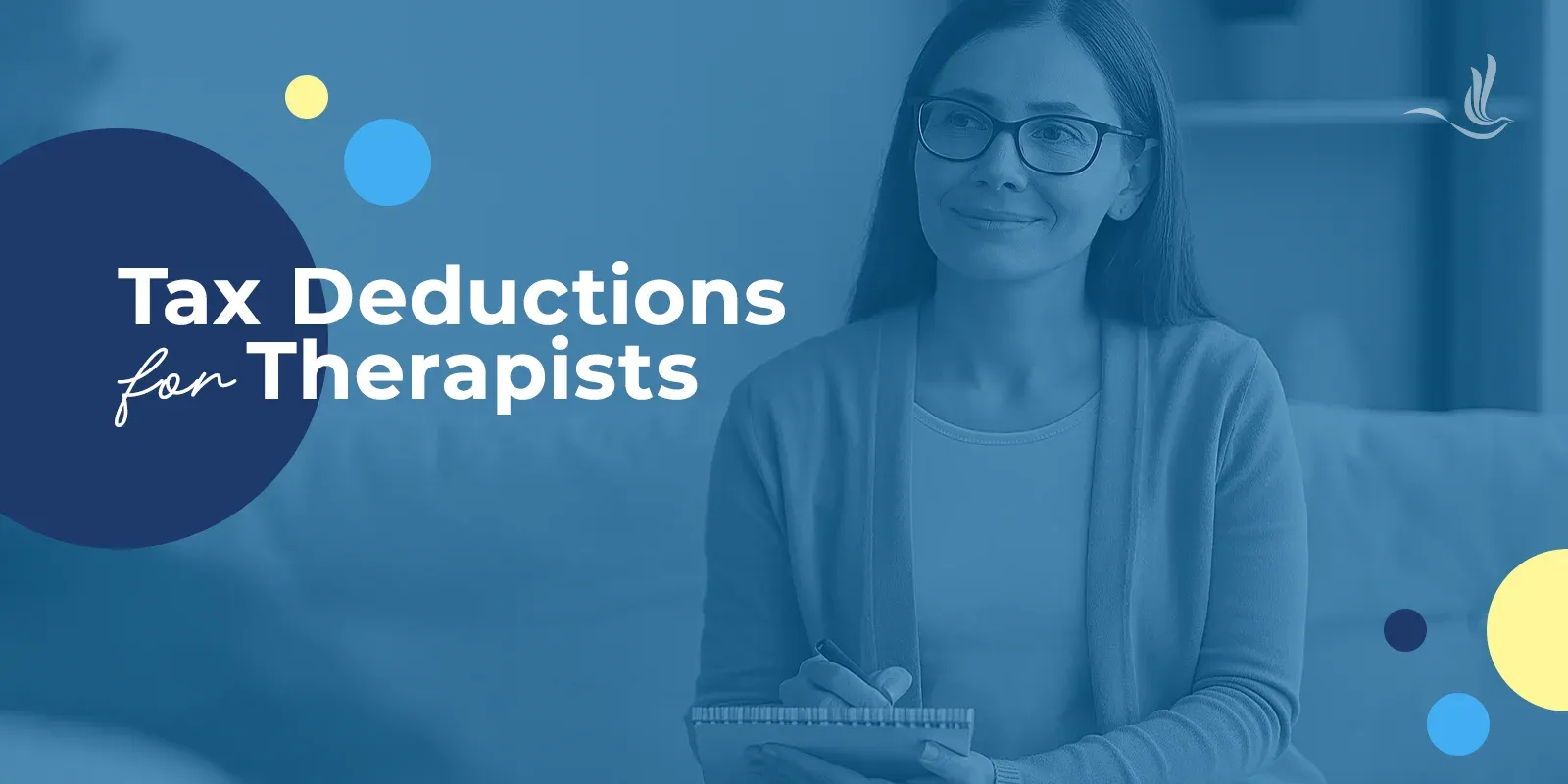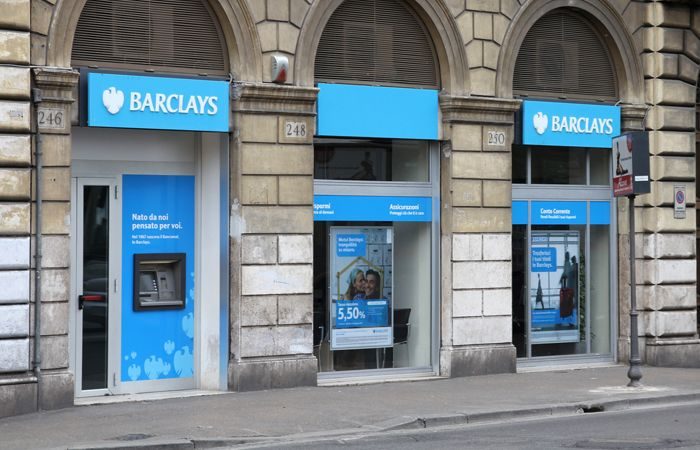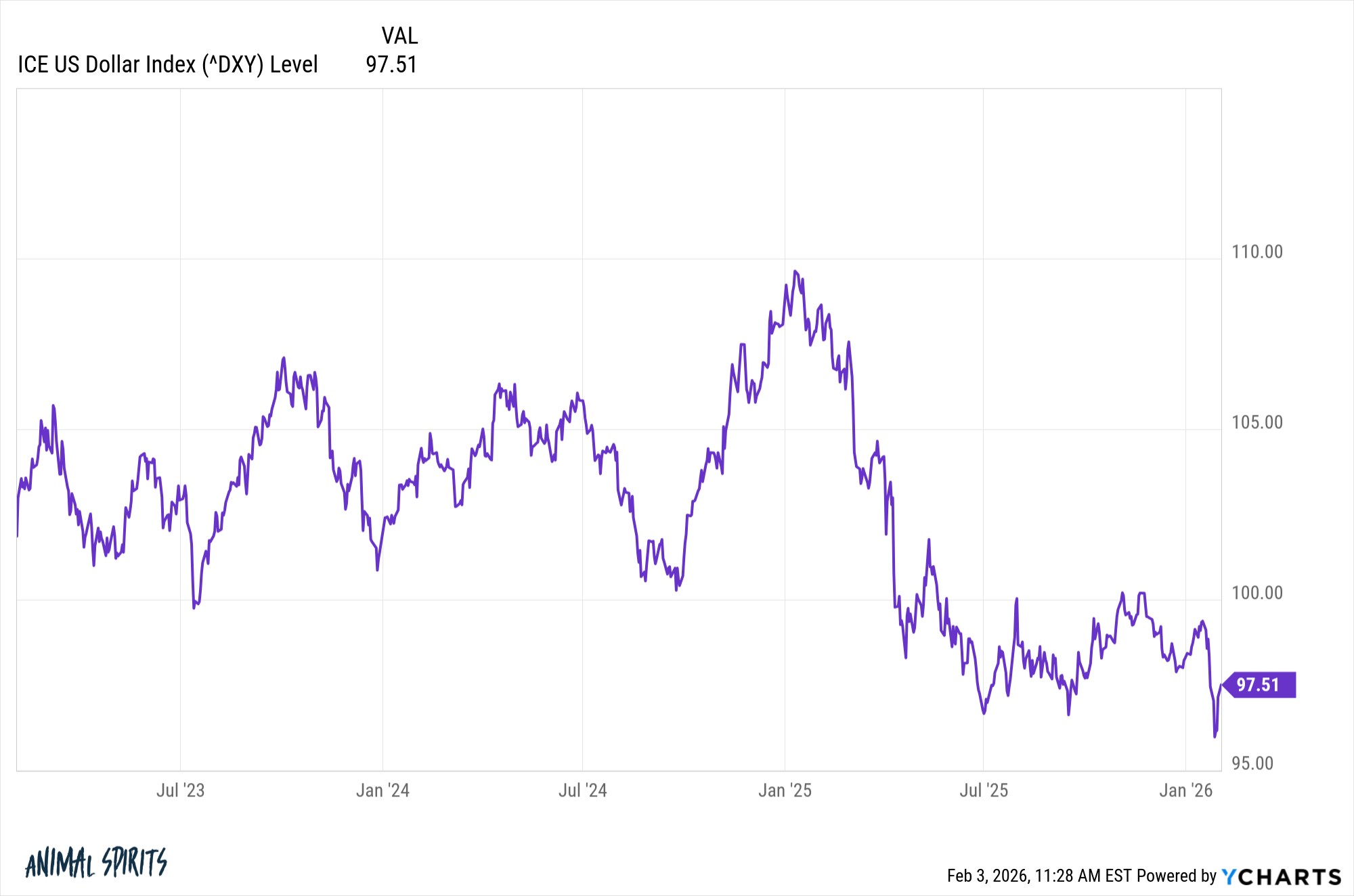The Consumer Financial Protection Bureau is pulling back further from the role it has played in recent years, proposing a rule that would limit its ability to supervise nonbanks. Entities ranging from buy now, pay later services to digital wallets would continue to be exempt from the CFPB’s oversight.
“It is essential that the Bureau focus only on the specific categories of products and services that Congress charged the Bureau with overseeing,” the CFPB’s proposal reads. The CFPB was established by the Consumer Financial Protection Act of 2010, before Venmo, Zelle, and Affirm even existed.
The rule specifically limits the types of businesses the CFPB can regulate. As a result, it expects to designate fewer entities for supervision.
The public is invited to submit comments on the proposal by September 25.
Rolling Back the Agency
This move aligns with the Trump administration’s efforts to roll back the CFPB’s powers. Earlier this month, a federal appeal court allowed the administration to proceed with plans to cut more than 80% of the agency’s workforce and cancel the lease on its headquarters.
The CFPB currently has the legal authority to supervise any nonbank deemed to engage in conduct that poses risks to consumers through financial products or services. The Biden administration sought to expand that authority by issuing a rule that would have covered products and services such as digital wallets and payment apps. In the past, the CFPB has argued that entities such as payment apps, which offer services similar to traditional banks, should be subject to the same consumer protections.
Bringing Tech Giants into the Mix
The CFPB always had the authority to oversee firms engaged in international money transfers, like PayPal and CashApp.
The Biden proposals would have made Apple and Google subject to CFPB oversight for the first time.
These proposals aimed to ensure that nonbank financial companies handling more than 5 million transactions per year adhered to the same rules as large banks, credit unions, and other financial institutions already supervised by the CFPB. The principal concerns were mounting consumer complaints regarding difficulties in resolving fraudulent charges or recovering missing balances linked to their payment methods.
A coalition of tech companies filed suit in January, arguing that the likes of Google Pay and Apple Pay were not actually making payments themselves, but rather facilitating them through credit cards stored on the apps. For now, those arguments appear to have prevailed.
Disclaimer: This story is auto-aggregated by a computer program and has not been created or edited by finopulse.
Publisher: Source link








